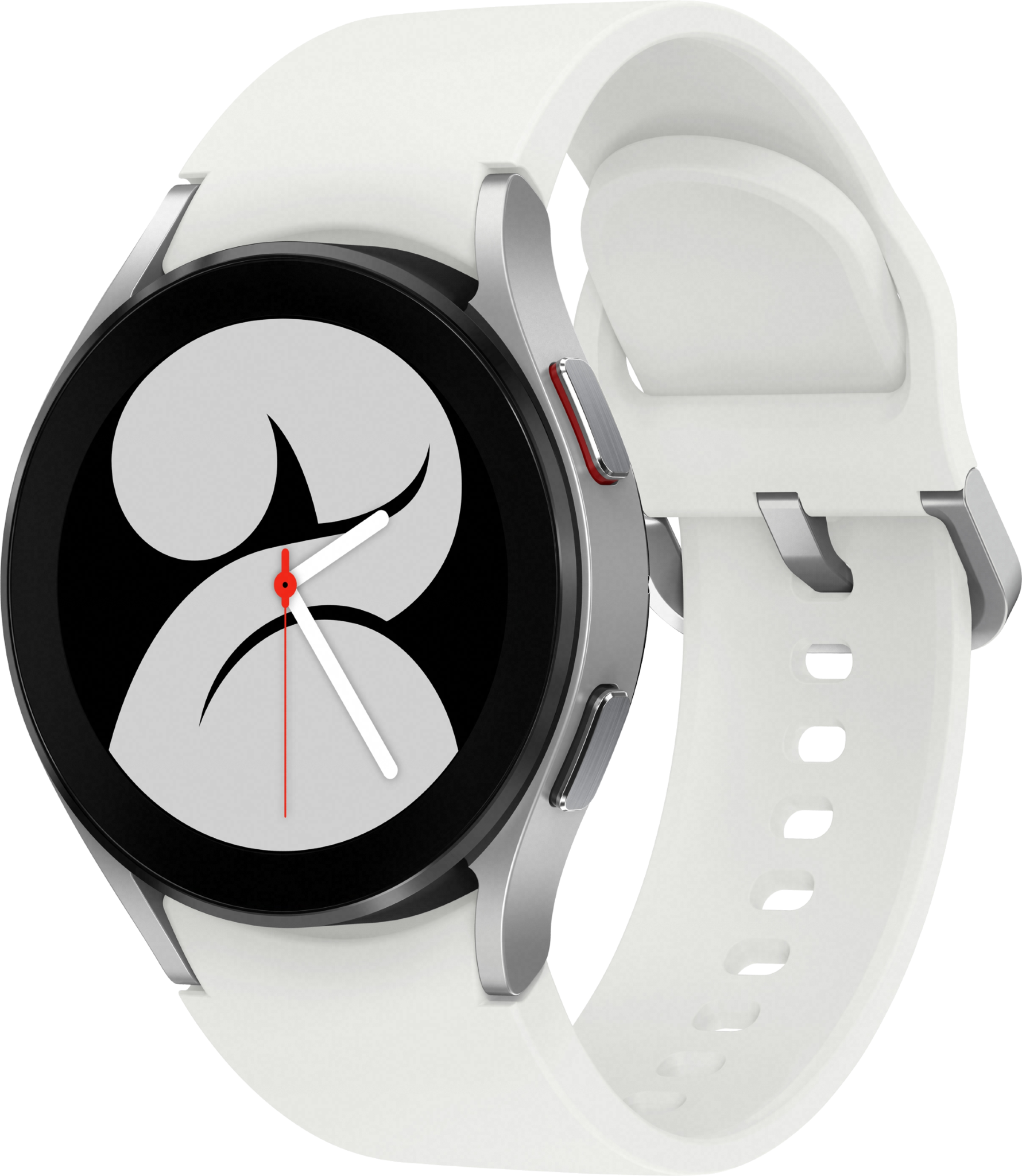Don't expect to run YouTube Music on older Wear OS smartwatches through unofficial means.
What you need to know
- A new report suggests you can't sideload YouTube Music onto older Wear OS smartwatches.
- The music streaming app requires smartwatches to be running only Wear OS 3.
- For now, Google's music streaming app will work only with Samsung's Galaxy Watch 4 series.
YouTube Music finally became available on Wear OS 3 a few days ago, marking the first time that Google's music streaming app goes live on a non-Apple smartwatch. However, the catch is that you can't get the app to work with older Wear OS watches in any way, even unofficial ones.
9to5Google reports that sideloading YouTube Music onto older smartwatches won't work, contrary to the expectation of some people who often resort to that method for installing files using APK. As you may be aware already, the app is compatible only with devices running Wear OS 3 such as the Samsung Galaxy Watch 4 series, which is the first smartwatch to run the operating system.
In a test done by the folks at 9to5Google, the APK was ripped from the Galaxy Watch 4 and sideloaded onto the Moto 360, unsuccessfully. The error was due to the app requiring the device to be running Android 11 (API level 30). Currently, older Wear OS smartwatches are running Android 9 (API level 28), so any attempt to sideload YouTube Music to those devices would be meaningless.
Other users also tried to modify the APK to make it work with older versions of Wear OS by reducing the app's minimum API level to 28. However, this rendered the Google login support broken, preventing YouTube Music from functioning.
It looks like the only way you can listen to your favorite songs on the app is to purchase Samsung's latest wearables. Alternatively, you can wait a bit longer until Wear OS 3 arrives on some of the best Android smartwatches.
Best in class
Samsung Galaxy Watch 4
From $250 at Samsung From $250 at Amazon From $250 at Best Buy
Top-notch wearable
The Galaxy Watch 4 is the first smartwatch to run the new Wear OS powered by Samsung, offering a lot of useful features, great battery life, and MIL-STD-810G compliance. It also provides seamless integration and improved app experiences, thanks to its powerful chip.
Source: androidcentral

